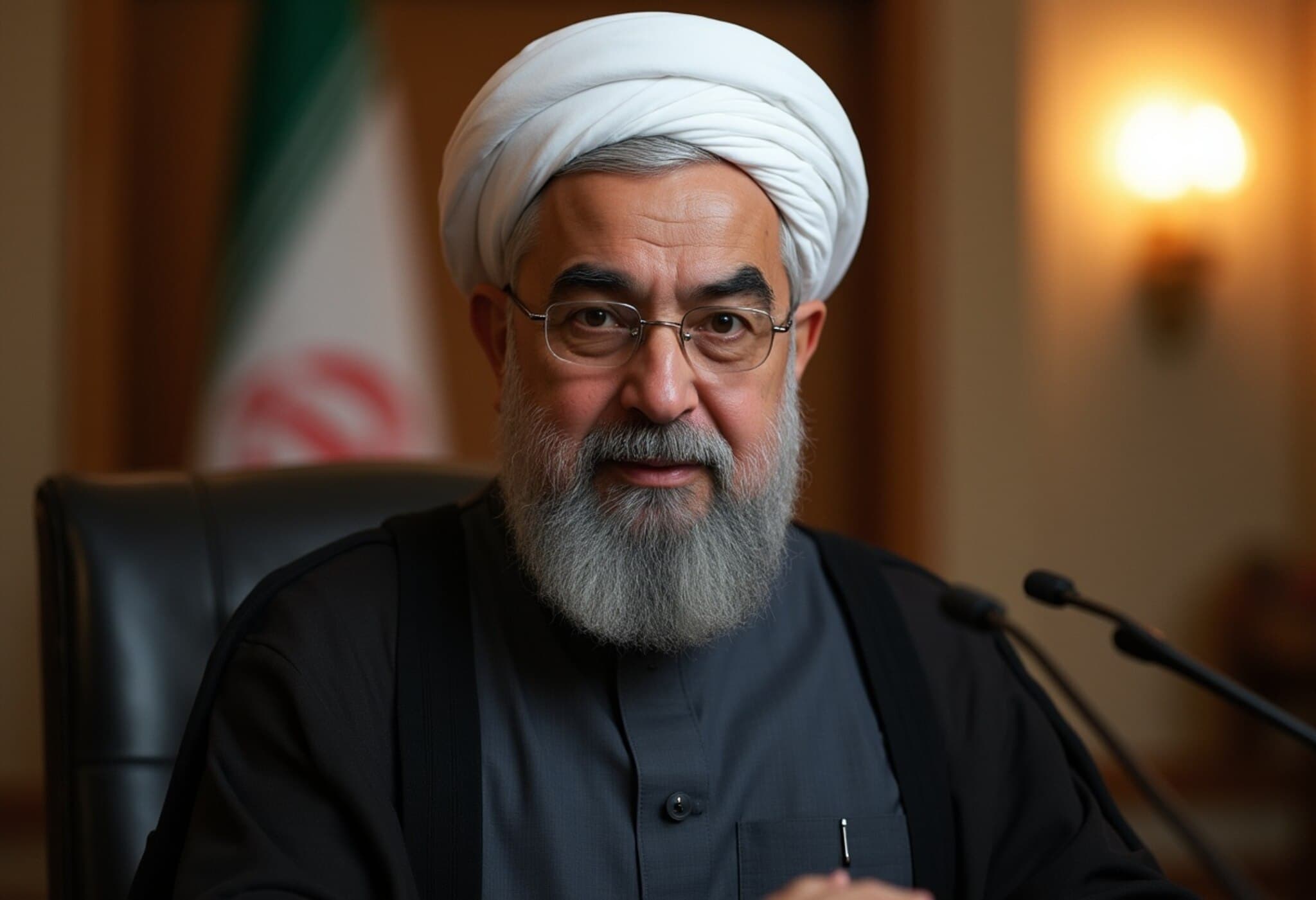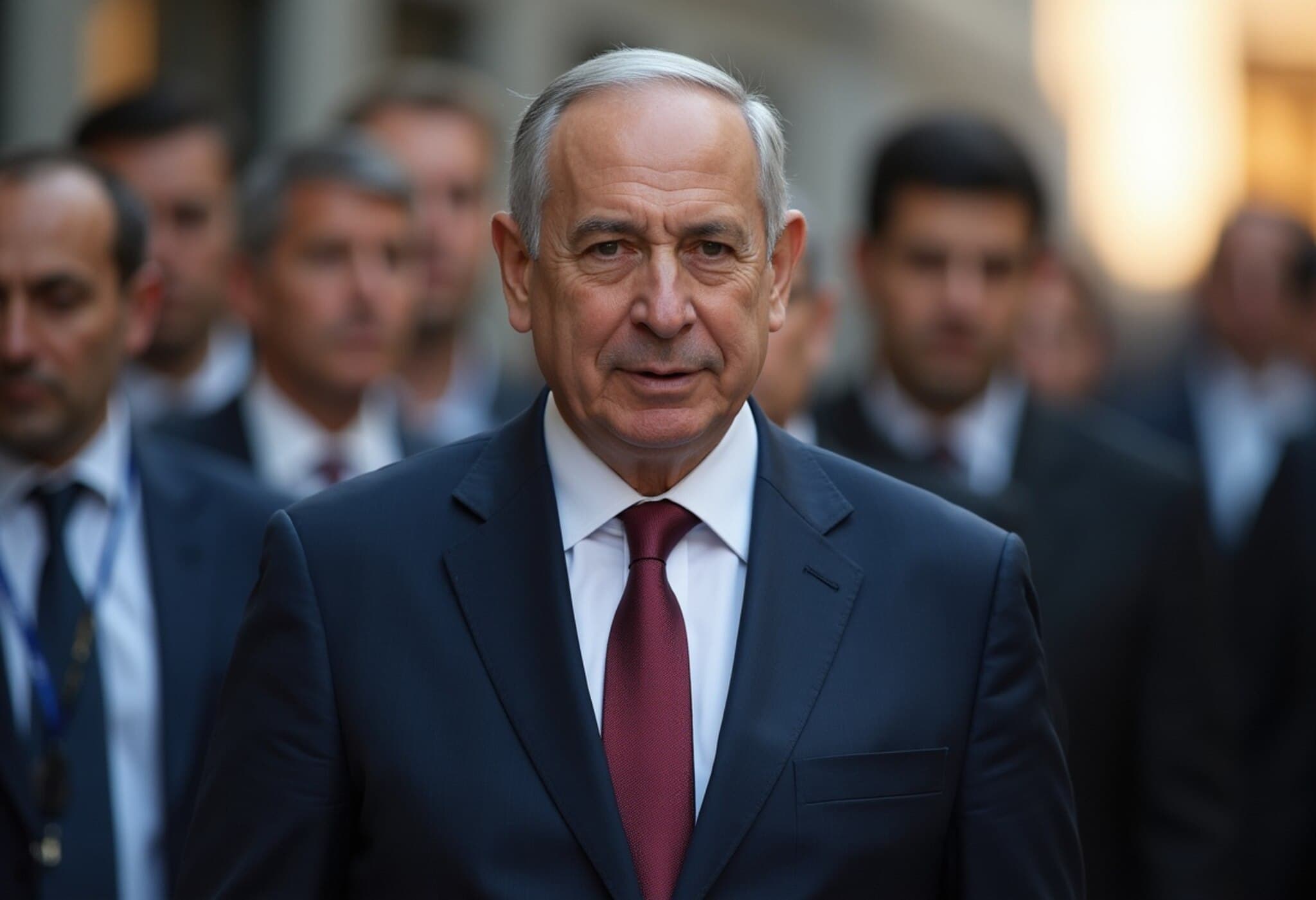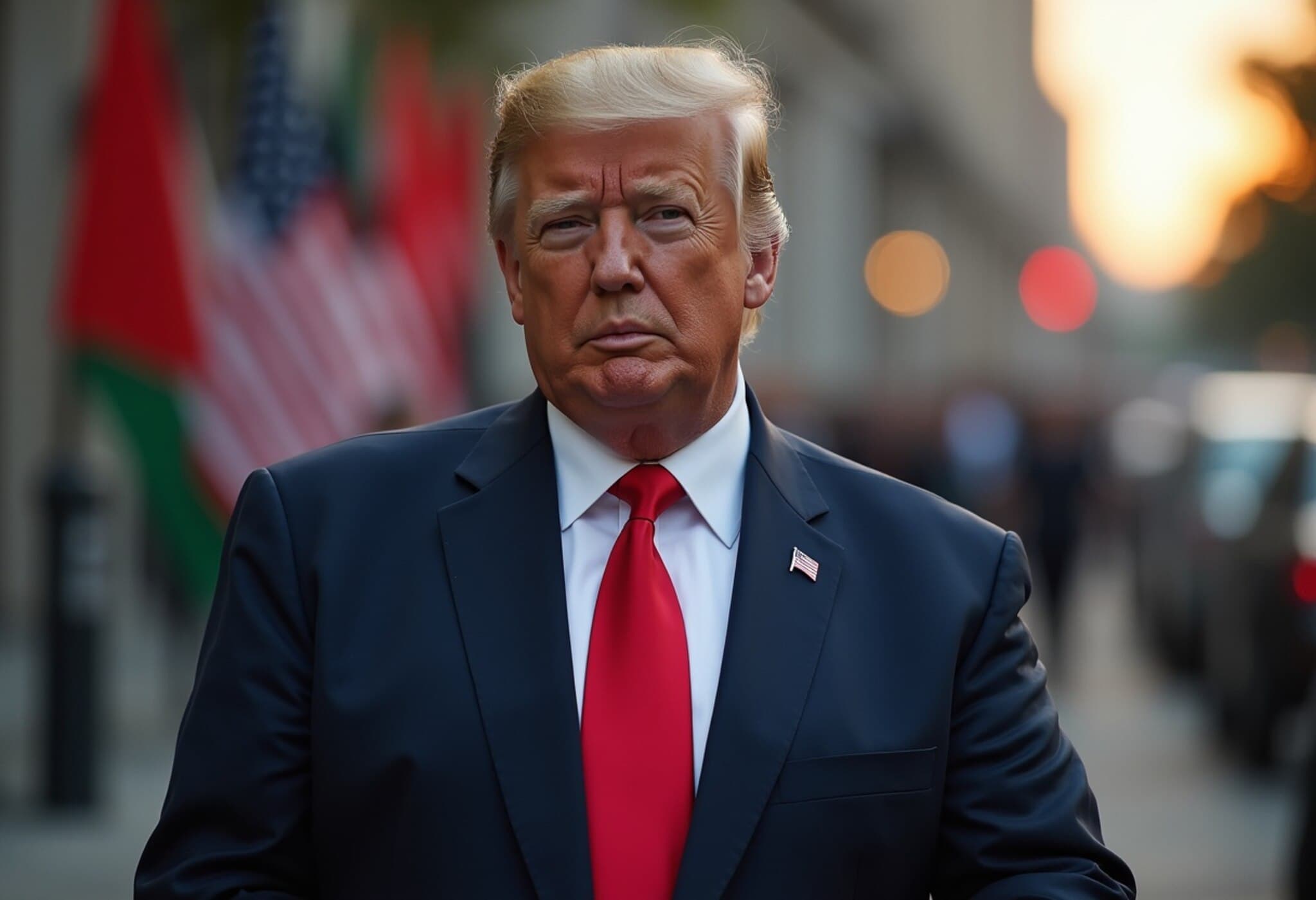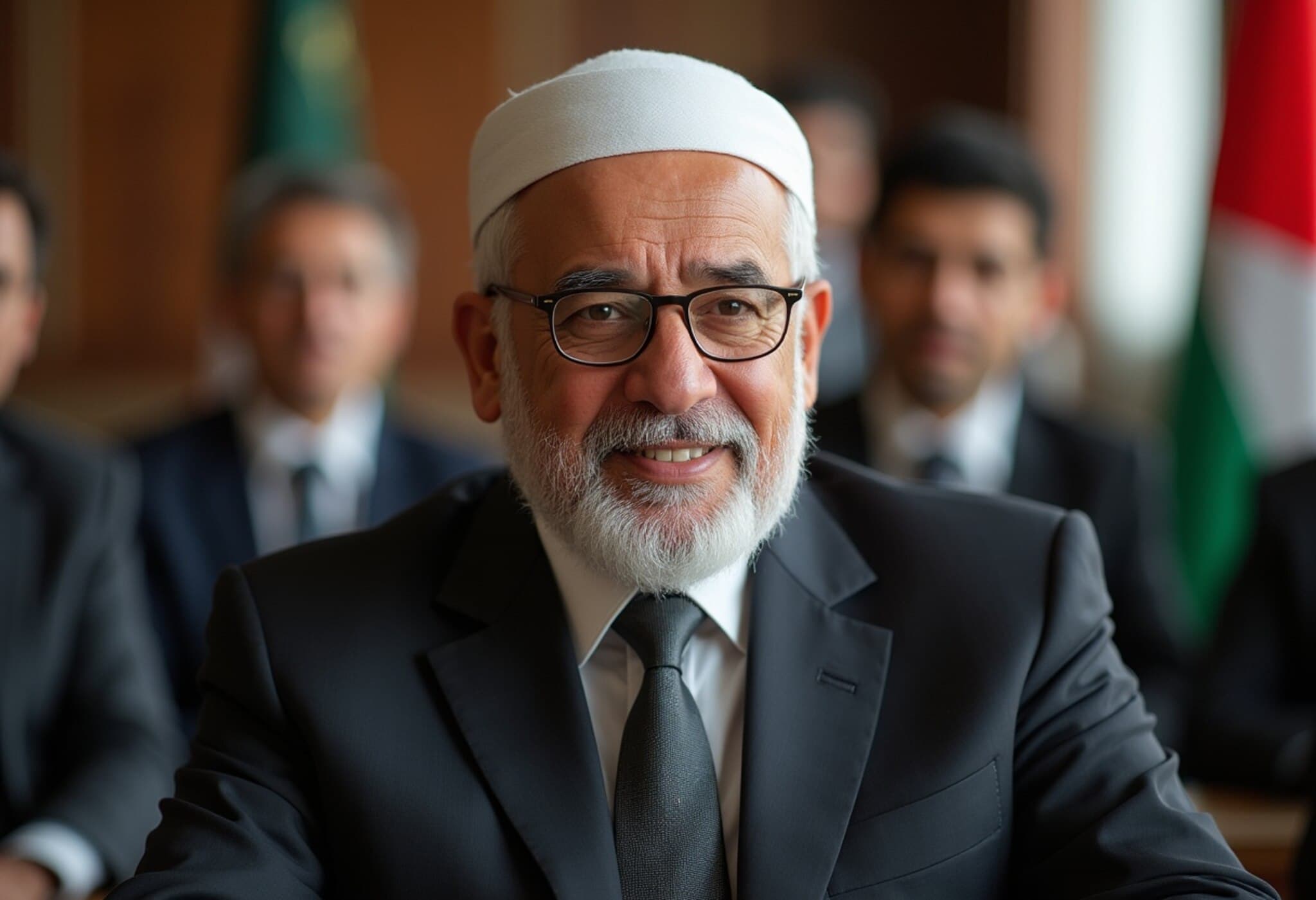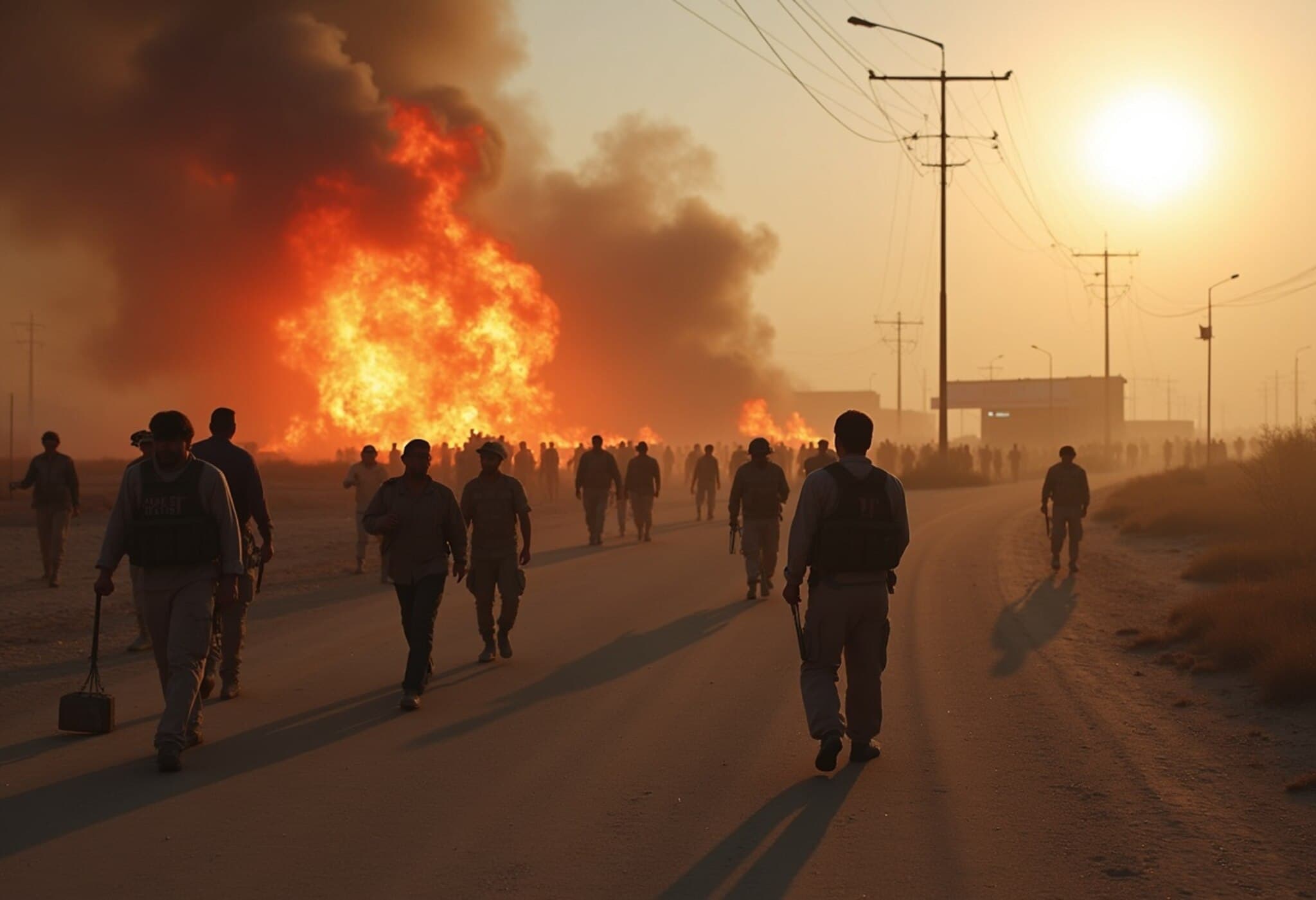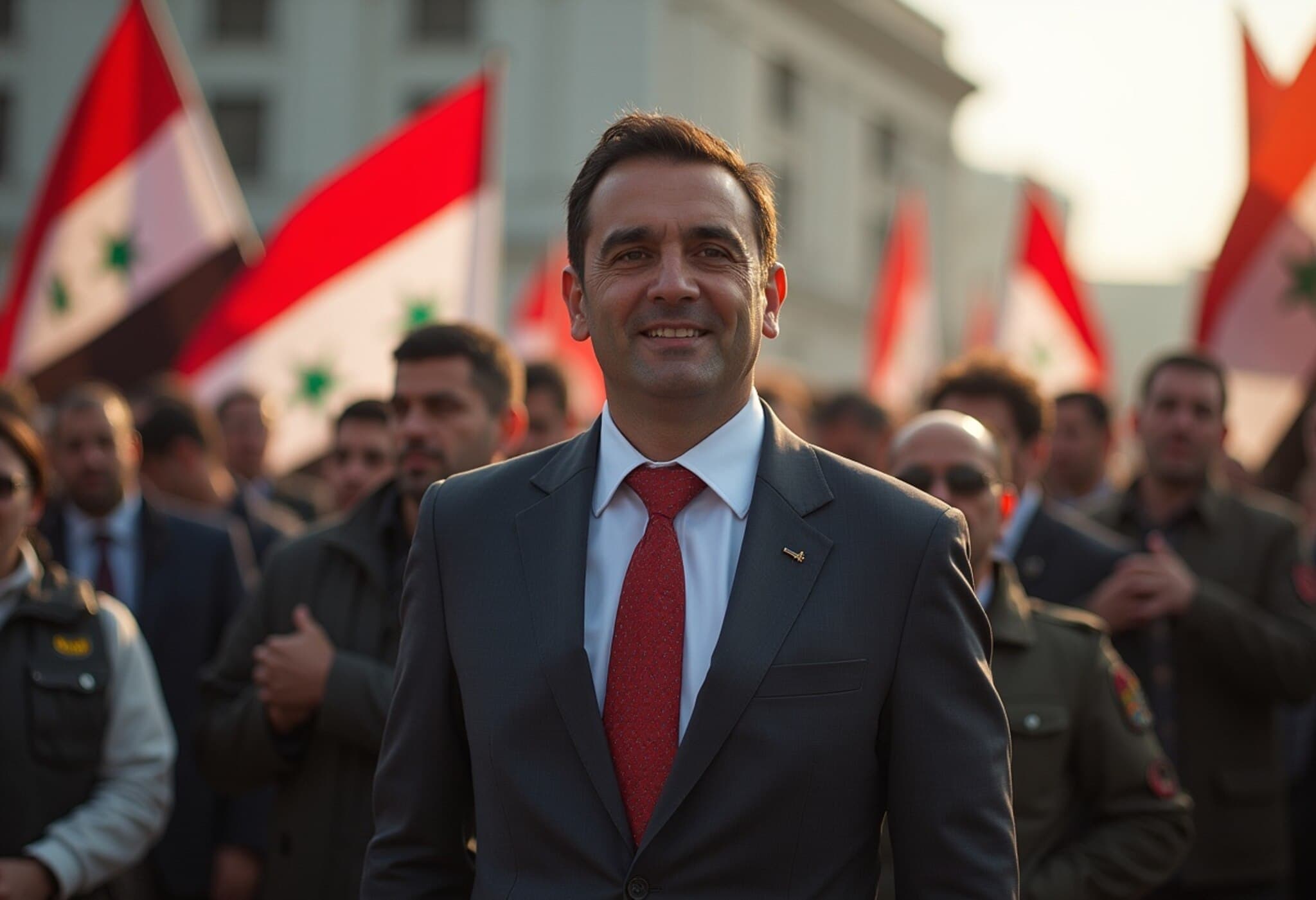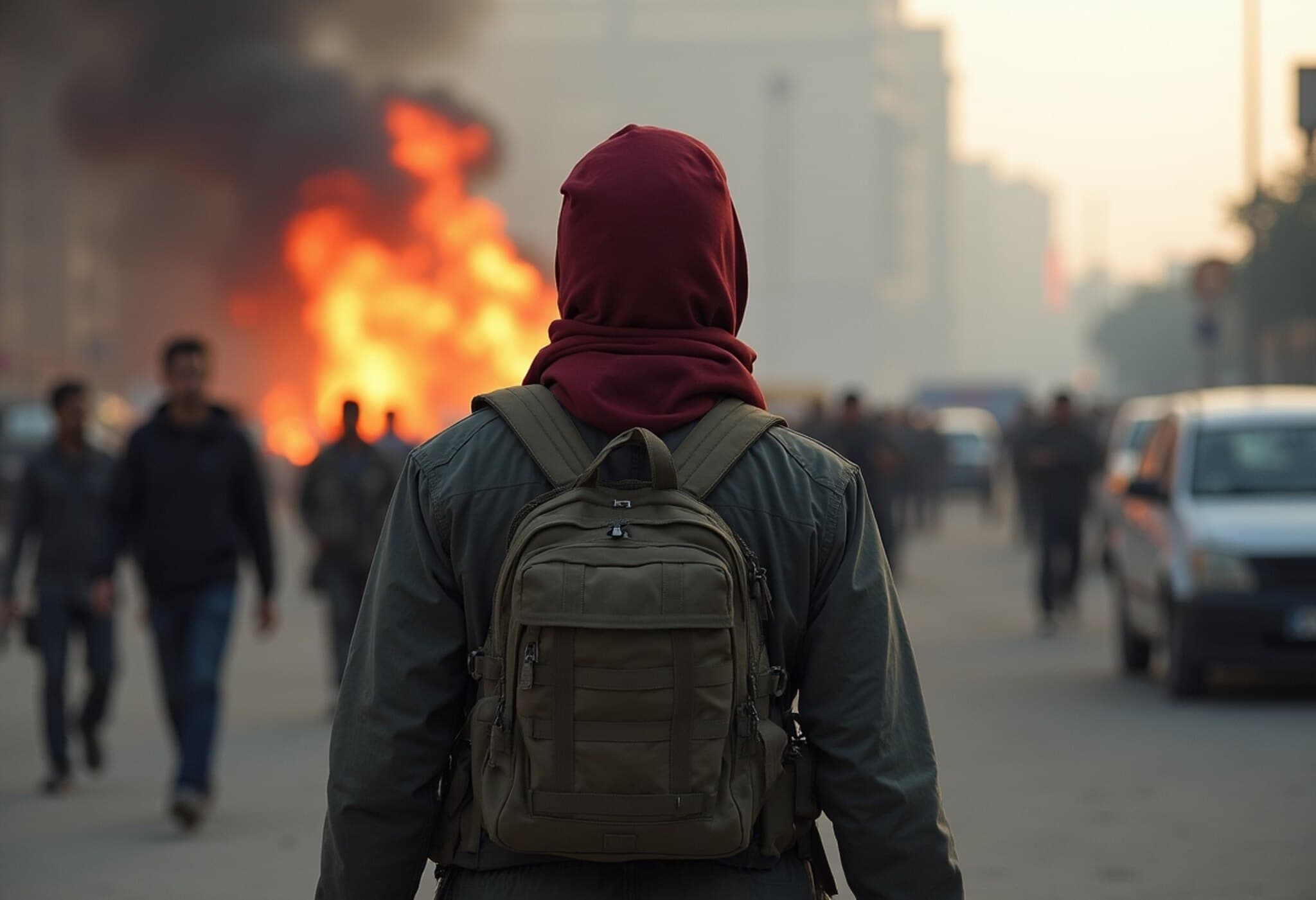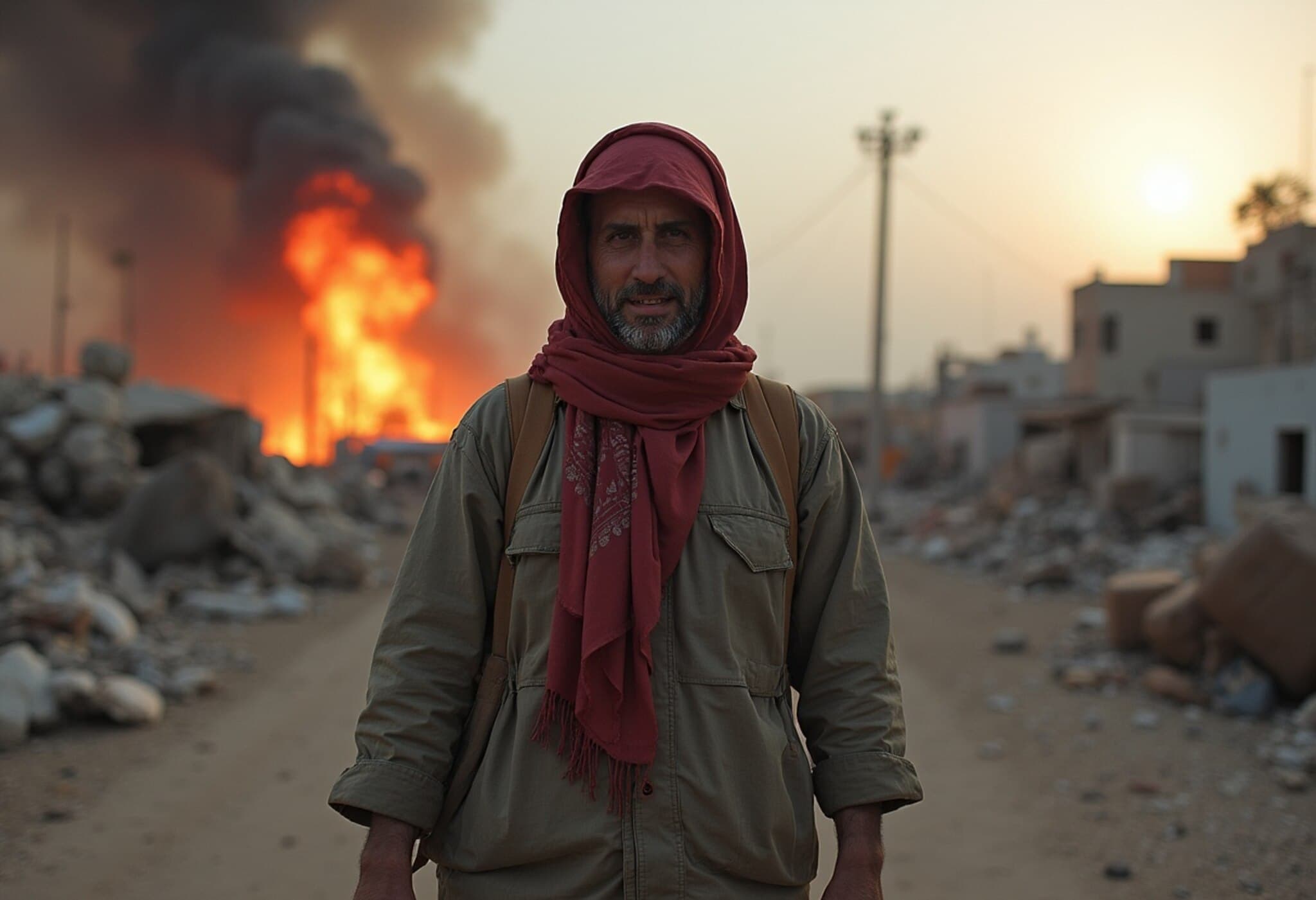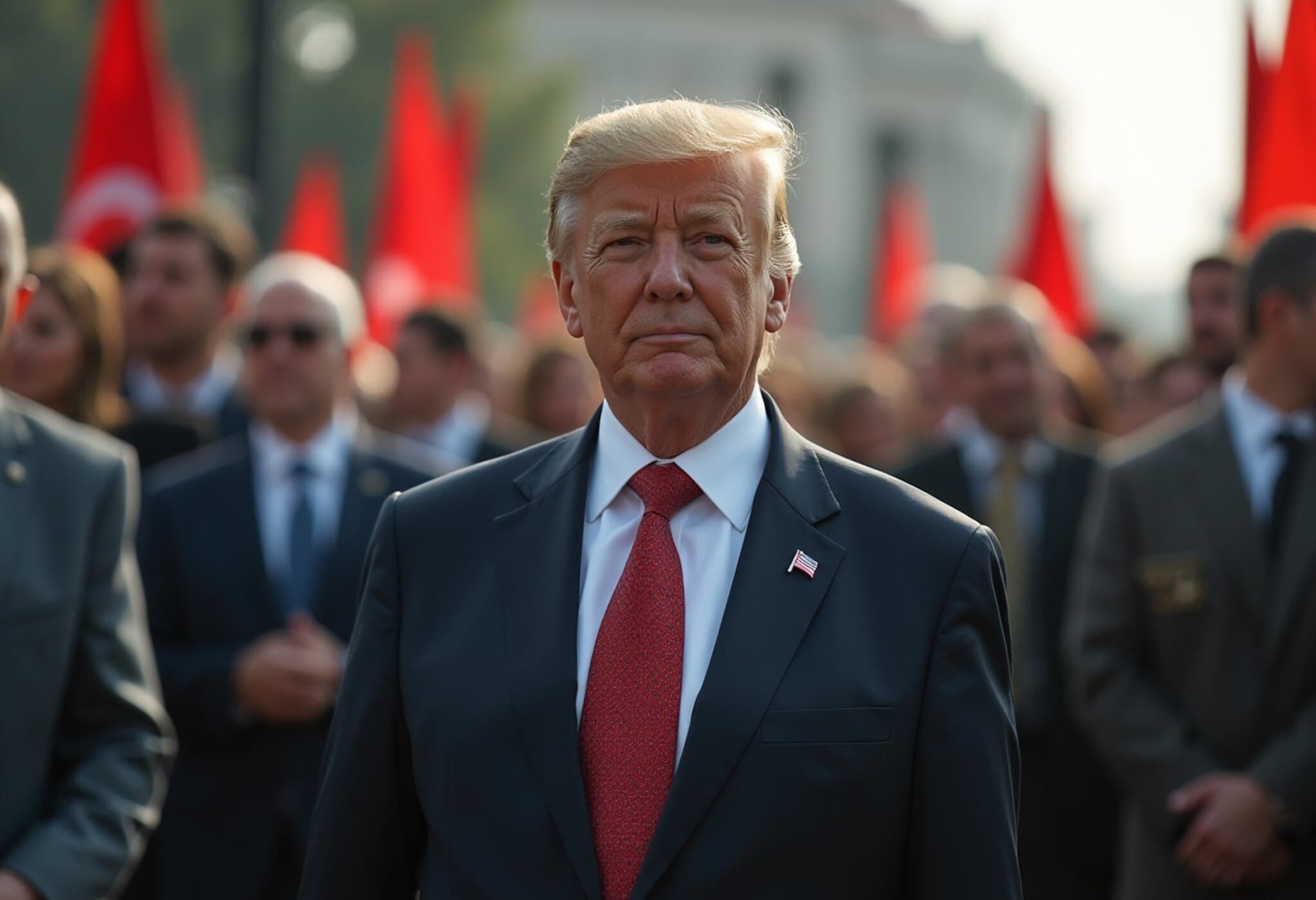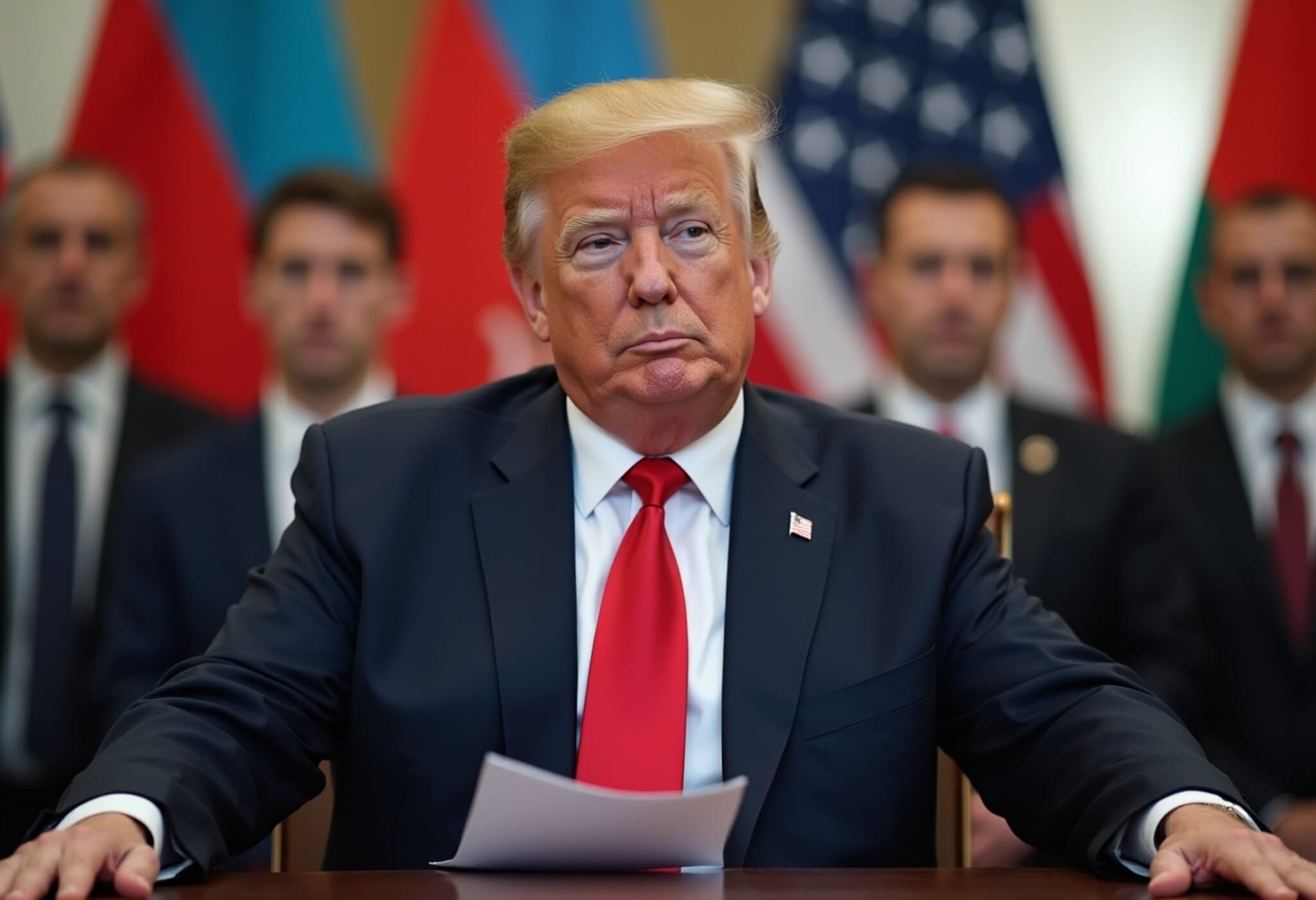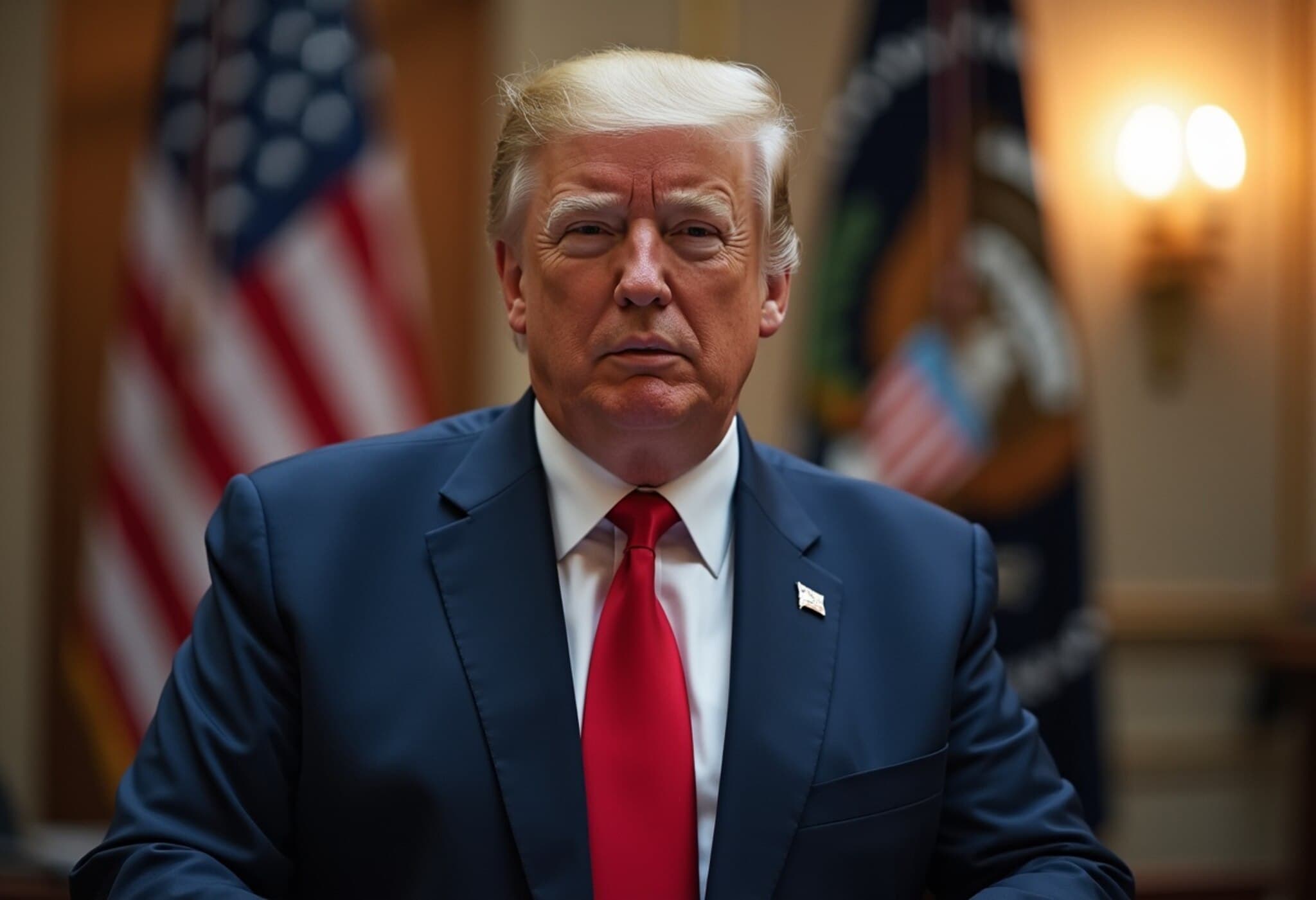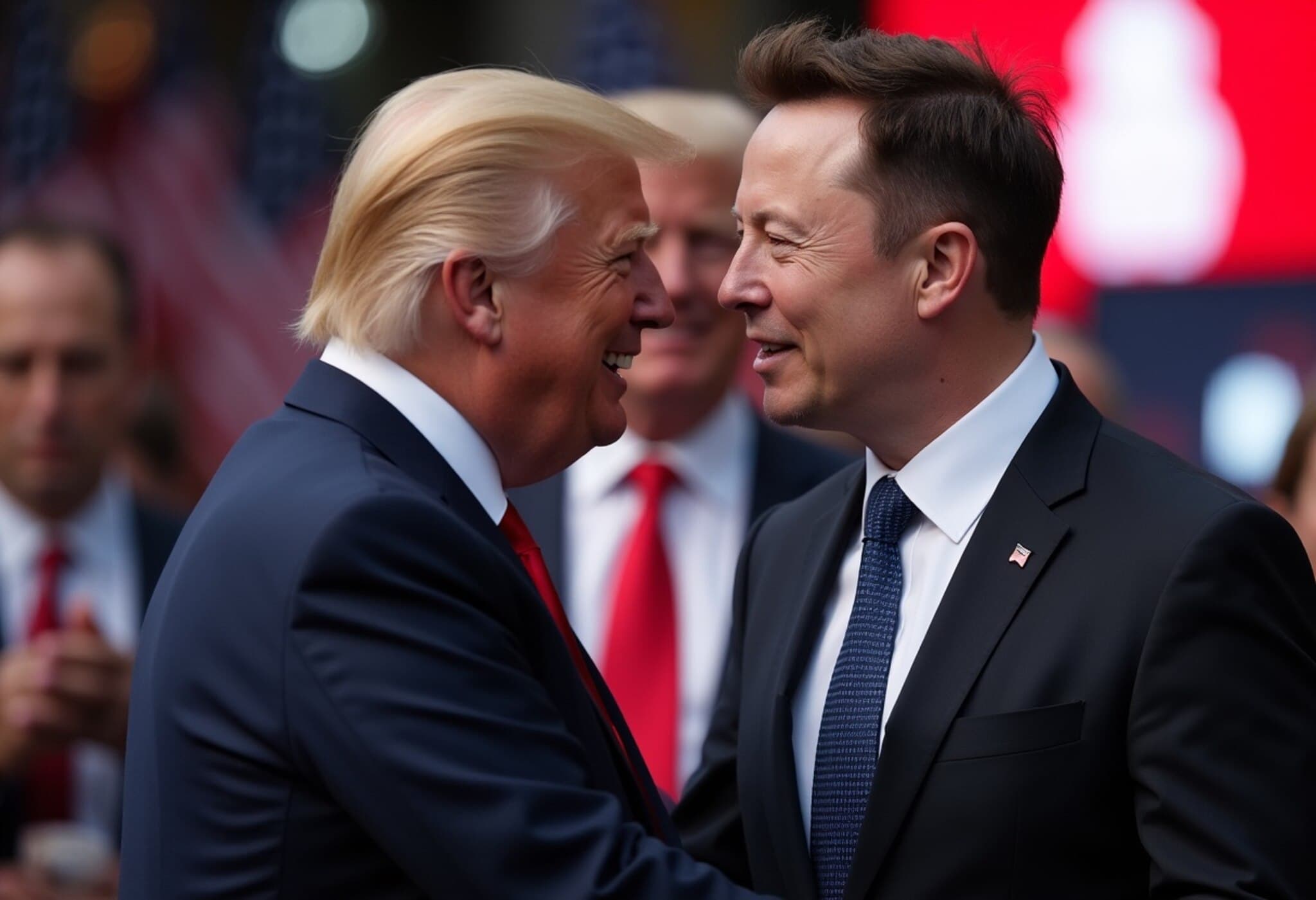Five Hebron Sheikhs Seek a Separate Emirate, Sparking Controversy
In a surprising political development, five prominent sheikhs from Hebron have formally asked Israel's Economy Minister Nir Barkat to recognize their district as an independent emirate within the framework of the Abraham Accords. This unprecedented move aims to sever ties with the Palestinian Authority (PA) and establish direct peace relations with Israel.
Details of the Proposal
The sheikhs' letter expressed a readiness to acknowledge the State of Israel as the nation state of the Jewish people, pledging peaceful coexistence in exchange for official recognition of Hebron as an Arab emirate. They framed their proposal as an equitable alternative to the existing Palestinian Authority governance, which they described as bringing "damage, death, economic disaster and destruction".
Context and Political Significance
Minister Barkat remarked to The Wall Street Journal that this overture signals a collapse of the decades-old two-state solution narrative, reflecting widespread distrust in the PA from both Palestinians and Israelis. The sheikhs, led by influential clan leader Sheikh Wadee’ al-Jaabari, have apparently held multiple meetings with Israeli officials since early 2025.
Sheikh Jaabari candidly stated, "There will be no Palestinian state — not even in 1,000 years. After October 7, Israel will not give it." This marks a stark rejection of Palestinian nationalist aspirations, especially in the wake of regional tensions exacerbated by recent conflicts.
Local and Regional Reactions
Pushback from Hebron Residents
Despite the sheikhs’ political initiative, many Hebron residents and family networks have repudiated the proposal as unrepresentative. Local sources told Haaretz the bid is part of a long-standing but largely unsuccessful attempt to create an alternative leadership in Hebron outside established Palestinian political structures.
This community resistance highlights the complex social fabric of Hebron, where loyalties and political will remain deeply divided amid ongoing occupation and territorial disputes.
Israeli Security Establishment's Cautious Stance
Interestingly, the Israeli Shin Bet security service and the Israel Defense Forces (IDF) have expressed reservations about abolishing the Palestinian Authority in favor of a fragmented emirate system. While critical of PA's effectiveness against Palestinian militancy, Israeli security officials stress the importance of the PA's security services—comprising over 70,000 personnel, including roughly 4,000 in Hebron alone—for maintaining relative stability in the West Bank.
Security experts argue that despite PA shortcomings, its intelligence cooperation with Israel has been crucial in countering threats, especially from Hamas and other factions. Disbanding this arrangement could usher in unpredictable governance dynamics and potentially ignite internal Palestinian conflicts.
Expert Commentary and Broader Implications
This initiative by Hebron's sheikhs encapsulates the fracturing political landscape within Palestinian society and underscores the limitations of the traditional two-state framework. The move also reflects broader regional shifts, as more Arab leaders cautiously engage with Israel through the Abraham Accords, redefining alliances and peace-building efforts in the Middle East.
From a US and international policy perspective, this development poses critical questions about the future viability of Palestinian self-determination and the role external actors will play in mediating governance alternatives amid persistent impasse.
Moreover, the proposal highlights an underreported narrative of intra-Palestinian divisions and grassroots attempts to envision governance models that diverge sharply from both the PA and Hamas established frameworks.
Potential Outcomes and Challenges
- Security Concerns: The Israeli security apparatus may find it difficult to engage with a fragmented patchwork of small emirates, complicating counterterrorism and law enforcement operations.
- Local Legitimacy: Without grassroots support, the proposed Hebron emirate struggles to gain legitimacy among Palestinians who largely remain loyal to the PA or other political factions.
- International Recognition: The global community’s acceptance of this model remains doubtful given existing agreements and the prevailing international consensus on the Israeli-Palestinian conflict.
Conclusion
While the Hebron sheikhs’ proposal to create a separate emirate intertwined with the Abraham Accords challenges conventional political solutions, it shines a light on growing disenchantment within Palestinian territories toward existing leadership and peace paradigms. Whether this bold initiative will gain traction or fade amid local opposition and security concerns remains to be seen.
The Hebron proposal forces policymakers and observers to reassess the entrenched two-state solution framework. It calls attention to the diverse voices within Palestinian society and the intricate balance between legitimacy, security, and political aspirations. As peace negotiations remain stalled, new ideas—however contentious—reflect the urgent need to explore innovative pathways for coexistence and regional stability.


